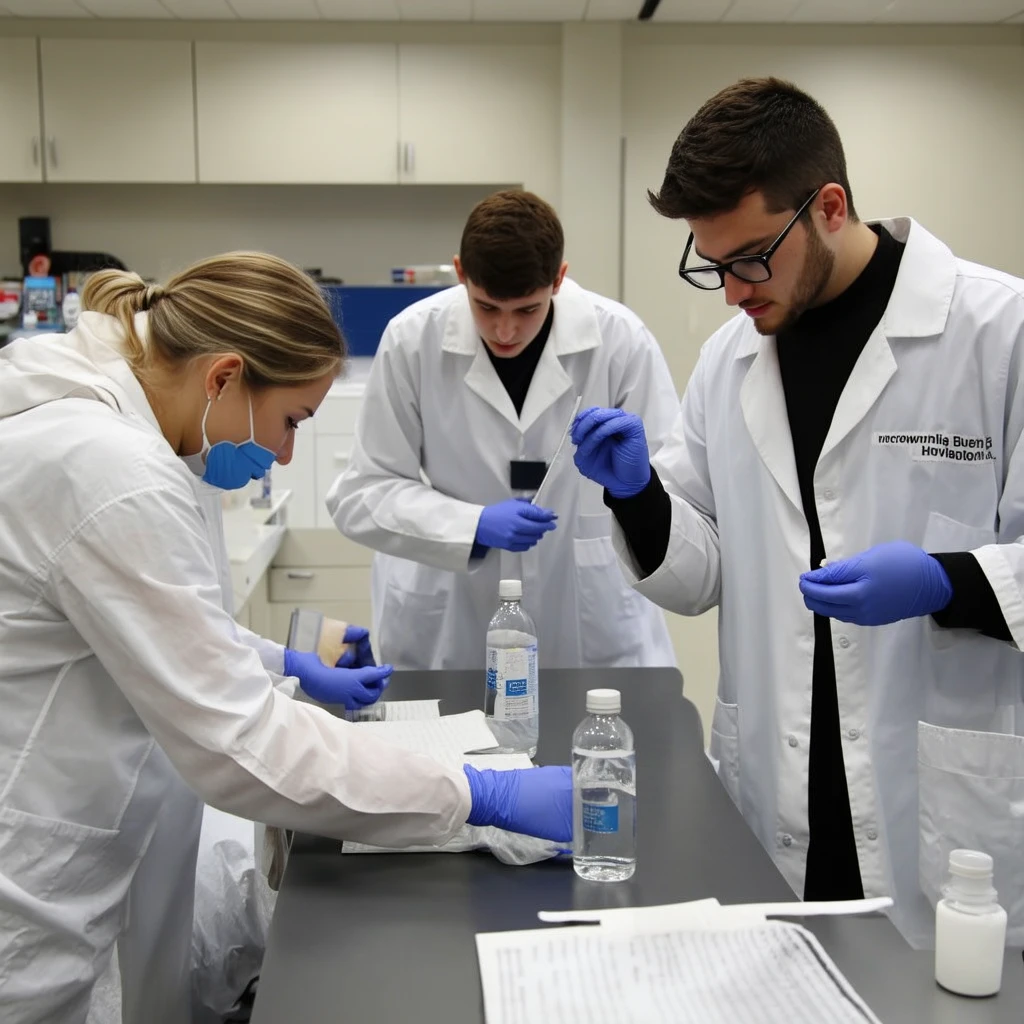Did you know that the global immunology market is projected to reach $158 billion by 2026, with a compound annual growth rate of 8.1%? This staggering growth highlights the immense potential for students considering a career in immunology.
Unlock Your Future: Studying Immunology in the USA After 10th Class
The Nextgen Scholars Pathway Program provides a unique solution for Indian students seeking to pursue immunology studies in the USA after 10th grade. This innovative 2+2 program combines intensive English preparation, an Associate Degree, and a seamless transfer to top US universities, making the dream of studying abroad more accessible and affordable.
10 Best Universities for Immunology in USA
1. Harvard University
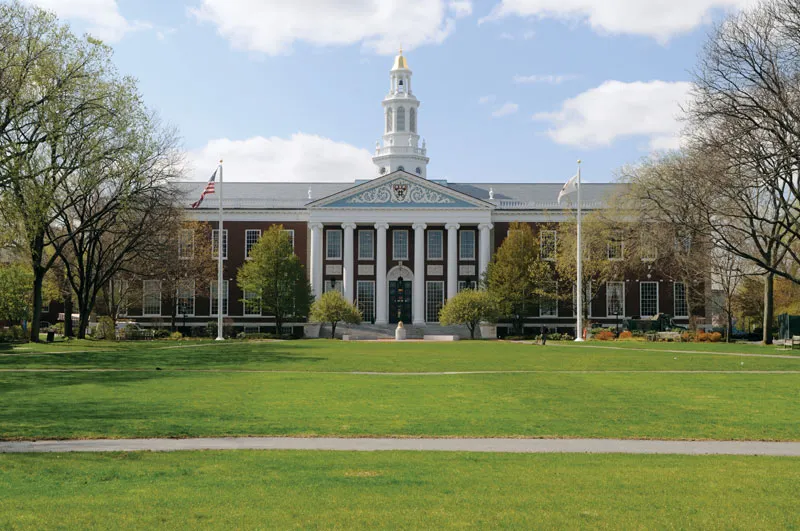
Harvard’s immunology program, located in Cambridge, Massachusetts, is world-renowned for its cutting-edge research and exceptional faculty. Students benefit from state-of-the-art facilities and collaborations with affiliated hospitals and research centers. The program offers a comprehensive curriculum covering all aspects of immunology, from basic mechanisms to translational research.
World-Class Research Opportunities
Harvard provides unparalleled research experiences for students, with access to leading immunology labs and mentorship from top scientists in the field.
| Factor | Score |
|---|---|
| Program Ranking | 10/10 |
| Cost of Study | 7/10 |
| Academic/Career Support | 10/10 |
| Work Opportunities | 9/10 |
| Culture/Lifestyle | 9/10 |
Overall Ranking: 9.0/10
Official Website : Harvard Medical School
2. Stanford University
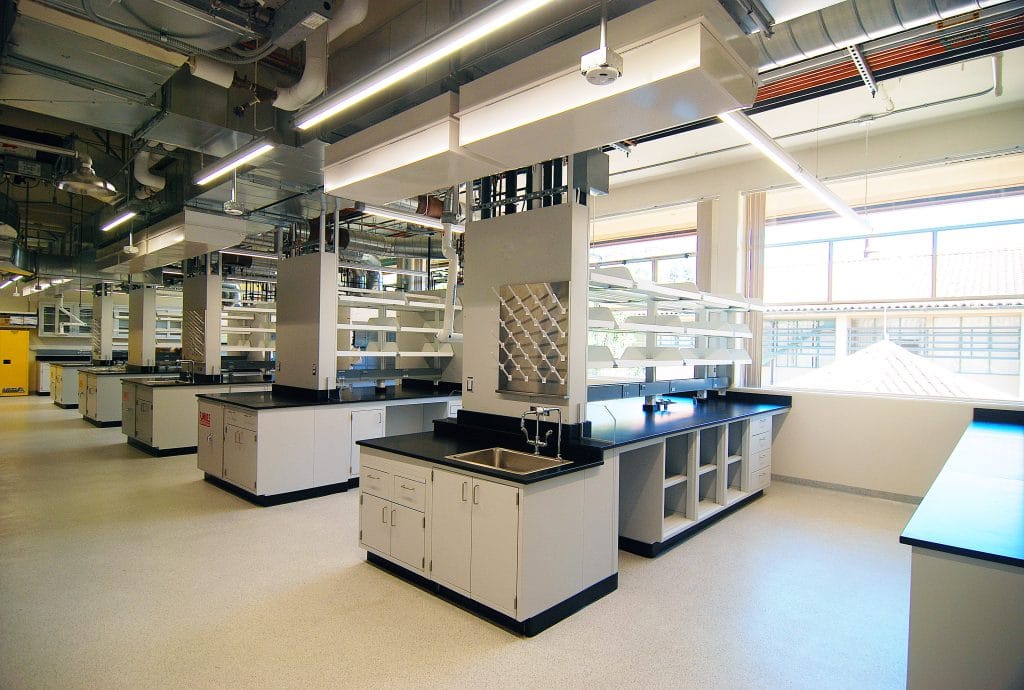
Stanford’s immunology program, situated in the heart of Silicon Valley, offers a unique blend of academic excellence and entrepreneurial spirit. The program emphasizes interdisciplinary research, combining immunology with fields like genetics, bioengineering, and computer science to drive innovation in the field.
Innovation and Interdisciplinary Focus
Stanford’s program encourages students to think beyond traditional boundaries, fostering creativity and groundbreaking discoveries in immunology.
| Factor | Score |
|---|---|
| Program Ranking | 9/10 |
| Cost of Study | 7/10 |
| Academic/Career Support | 9/10 |
| Work Opportunities | 10/10 |
| Culture/Lifestyle | 10/10 |
Overall Ranking: 9.0/10
3. Massachusetts Institute of Technology (MIT)
MIT’s immunology program in Cambridge, Massachusetts, is known for its rigorous scientific approach and technological innovation. The program integrates immunology with engineering and computational sciences, preparing students for the future of biomedical research and development.
Technology-Driven Immunology Research
MIT’s program leverages cutting-edge technology to advance immunological research, offering students unique opportunities to work at the intersection of biology and engineering.
| Factor | Score |
|---|---|
| Program Ranking | 9/10 |
| Cost of Study | 7/10 |
| Academic/Career Support | 9/10 |
| Work Opportunities | 9/10 |
| Culture/Lifestyle | 8/10 |
Overall Ranking: 8.4/10
4. University of California, San Francisco (UCSF)
UCSF’s immunology program, located in the biotech hub of San Francisco, is renowned for its translational research and clinical applications. The program offers extensive hands-on experience in both laboratory and clinical settings, preparing students for diverse careers in immunology.
Bridging Research and Clinical Practice
UCSF’s program excels in translating immunological discoveries into clinical applications, offering students a comprehensive understanding of the field’s impact on healthcare.
| Factor | Score |
|---|---|
| Program Ranking | 9/10 |
| Cost of Study | 8/10 |
| Academic/Career Support | 9/10 |
| Work Opportunities | 9/10 |
| Culture/Lifestyle | 9/10 |
Overall Ranking: 8.8/10
5. Yale University
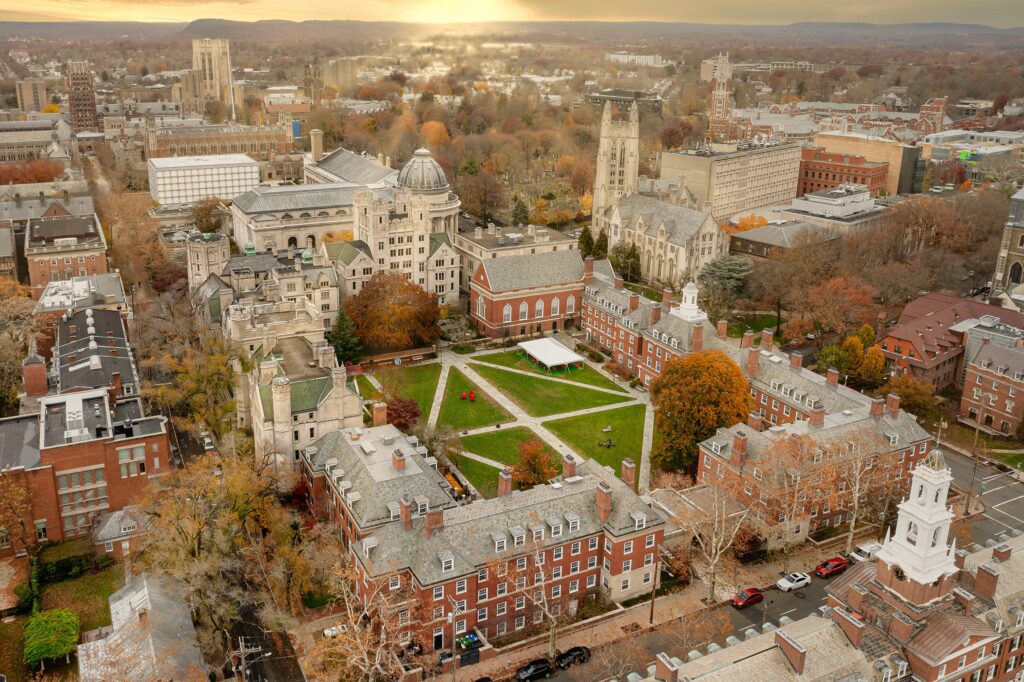
Yale’s immunology program in New Haven, Connecticut, combines a rich academic tradition with cutting-edge research. The program is known for its collaborative environment and strong focus on both basic and translational immunology research.
Collaborative Research Environment
Yale fosters a highly collaborative atmosphere, encouraging students to work across disciplines and engage in groundbreaking immunology research.
| Factor | Score |
|---|---|
| Program Ranking | 9/10 |
| Cost of Study | 7/10 |
| Academic/Career Support | 9/10 |
| Work Opportunities | 8/10 |
| Culture/Lifestyle | 8/10 |
Overall Ranking: 8.2/10
6. University of Pennsylvania
UPenn’s immunology program in Philadelphia offers a comprehensive curriculum with a strong emphasis on translational research. The program benefits from close ties with the Perelman School of Medicine, providing students with unique clinical research opportunities.
Translational Research Excellence
UPenn’s program excels in bridging basic immunology research with clinical applications, offering students a well-rounded education in the field.
| Factor | Score |
|---|---|
| Program Ranking | 8/10 |
| Cost of Study | 7/10 |
| Academic/Career Support | 9/10 |
| Work Opportunities | 8/10 |
| Culture/Lifestyle | 8/10 |
Overall Ranking: 8.0/10
7. Washington University in St. Louis
WashU’s immunology program in St. Louis, Missouri, is known for its strong focus on molecular and cellular immunology. The program offers extensive research opportunities and benefits from collaborations with the university’s renowned medical school.
Molecular and Cellular Immunology Focus
WashU’s program provides in-depth training in the molecular and cellular aspects of immunology, preparing students for cutting-edge research careers.
| Factor | Score |
|---|---|
| Program Ranking | 8/10 |
| Cost of Study | 8/10 |
| Academic/Career Support | 8/10 |
| Work Opportunities | 8/10 |
| Culture/Lifestyle | 7/10 |
Overall Ranking: 7.8/10
8. University of California, Berkeley
UC Berkeley’s immunology program, situated in the San Francisco Bay Area, offers a unique blend of fundamental and applied research. The program is known for its interdisciplinary approach, combining immunology with fields like bioengineering and computational biology.
Interdisciplinary Immunology Research
Berkeley’s program encourages students to explore immunology from multiple perspectives, fostering innovative approaches to research and problem-solving.
| Factor | Score |
|---|---|
| Program Ranking | 8/10 |
| Cost of Study | 8/10 |
| Academic/Career Support | 8/10 |
| Work Opportunities | 9/10 |
| Culture/Lifestyle | 9/10 |
Overall Ranking: 8.4/10
9. Johns Hopkins University
Johns Hopkins’ immunology program in Baltimore, Maryland, is renowned for its strong clinical focus and extensive research opportunities. The program benefits from close ties with the Johns Hopkins Hospital, offering students unique insights into clinical immunology.
Clinical Immunology Excellence
Johns Hopkins’ program excels in training students in both basic and clinical aspects of immunology, preparing them for diverse careers in research and medicine.
| Factor | Score |
|---|---|
| Program Ranking | 9/10 |
| Cost of Study | 7/10 |
| Academic/Career Support | 9/10 |
| Work Opportunities | 8/10 |
| Culture/Lifestyle | 8/10 |
Overall Ranking: 8.2/10
10. University of Chicago
UChicago’s immunology program offers a rigorous curriculum with a strong emphasis on quantitative and systems approaches to immunology. The program is known for its innovative research and collaborative environment.
Quantitative and Systems Immunology
UChicago’s program stands out for its focus on applying quantitative and systems biology approaches to immunological research, preparing students for the future of the field.
| Factor | Score |
|---|---|
| Program Ranking | 8/10 |
| Cost of Study | 7/10 |
| Academic/Career Support | 8/10 |
| Work Opportunities | 8/10 |
| Culture/Lifestyle | 8/10 |
Overall Ranking: 7.8/10
Highlights/Trends in Immunology: Top Fields, Career Prospects, and Average Salaries
Top Fields in Immunology
- Cancer Immunotherapy
- Autoimmune Disease Research
- Vaccine Development
- Infectious Disease Immunology
- Computational Immunology
Career Prospects
The field of immunology offers diverse career opportunities in academia, industry, and healthcare. Graduates can pursue roles such as:
- Research Scientists
- Clinical Immunologists
- Bioinformatics Specialists
- Pharmaceutical Researchers
- Biotechnology Entrepreneurs
Average Salaries
- Entry-level Immunologist: $60,000 – $80,000 per year
- Mid-career Immunologist: $80,000 – $120,000 per year
- Senior Immunologist/Research Director: $120,000 – $200,000+ per year
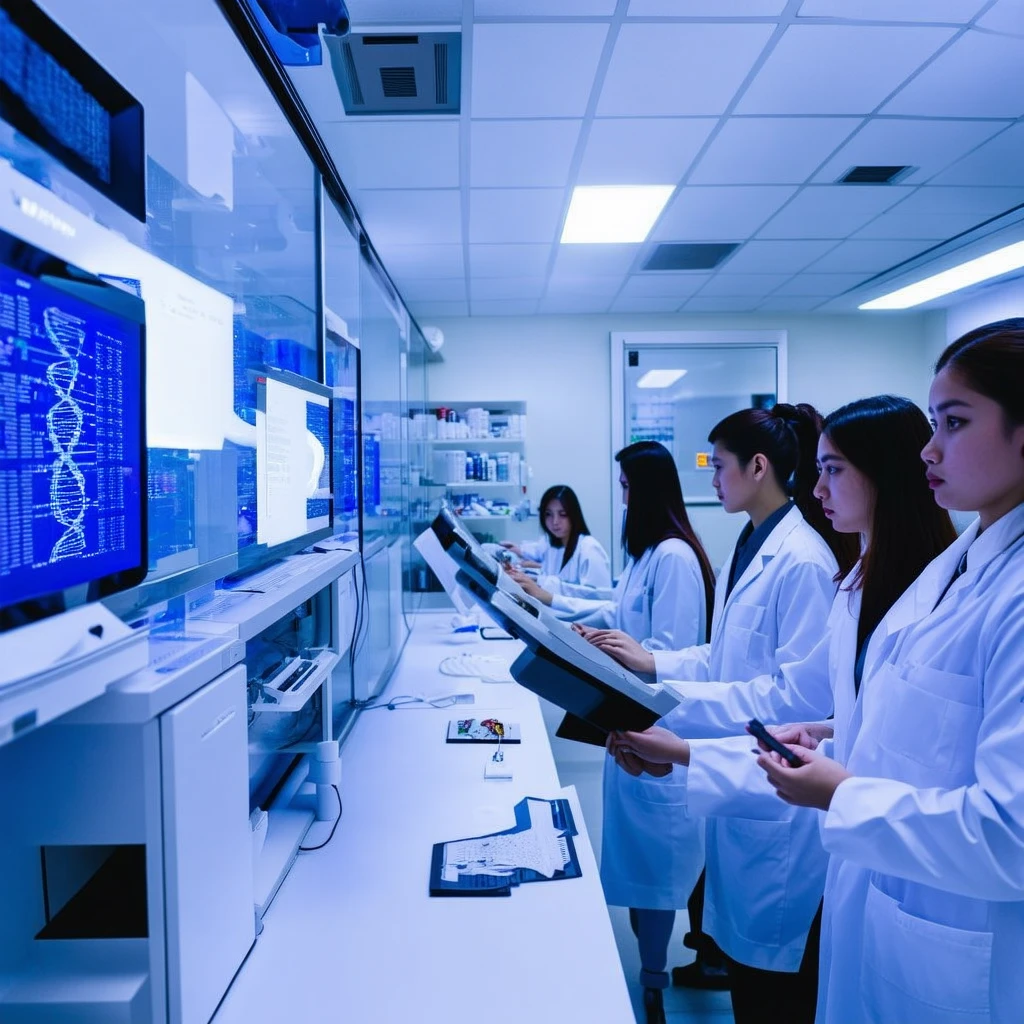
How much does it cost to study Immunology in the USA?
Influencing Factors
- University ranking and reputation
- Location (urban vs. rural areas)
- Public vs. private institutions
- Financial aid and scholarships available
Average Costs (per year)
- Tuition and Fees: $30,000 – $60,000 (USD) / ₹22,50,000 – ₹45,00,000 (INR)
- Living Expenses: $15,000 – $25,000 (USD) / ₹11,25,000 – ₹18,75,000 (INR)
Total Estimated Cost (4-year program)
$180,000 – $340,000 (USD) / ₹1,35,00,000 – ₹2,55,00,000 (INR)
Cost Savings with NextGen Scholars 2+2 Pathway Program
- Estimated savings of 40-50% on total program cost
- Potential savings: $72,000 – $170,000 (USD) / ₹54,00,000 – ₹1,27,50,000 (INR)
Choosing the Right Immunology Program in the USA
Selecting the ideal immunology program is crucial for your academic and professional success. Consider these key factors when making your decision:
- University ranking and reputation in immunology research
- Faculty expertise and research opportunities
- State-of-the-art laboratory facilities
- Internship and industry partnerships
- Location and campus culture
Right Counseling from Nextgen
Nextgen Scholars provides personalized guidance to help you navigate the complex process of choosing the right immunology program. Our experts consider your academic background, career goals, and personal preferences to recommend the best-fit institutions.
Studying Immunology in the US after 10th Class
Pursuing immunology studies in the USA after 10th grade requires careful planning and preparation. Here’s what you need to know:
Requirements
- Strong academic record, especially in science subjects
- English proficiency (TOEFL/IELTS scores)
- Standardized test scores (SAT/ACT)
- Extracurricular activities related to science and research
Nextgen Scholars Pathway Program Details
Our 2+2 University Transfer Program offers:
- 3-15 months of Intensive English (if needed)
- 2 years at a community college for an Associate Degree
- 2 years at a top university to complete a Bachelor’s Degree in Immunology
Benefits and Cost Savings
- Up to 50% reduction in overall tuition costs
- Potential savings: $72,000 – $170,000 (USD) / ₹54,00,000 – ₹1,27,50,000 (INR)
- Smoother transition to the US education system
- Opportunity to improve English skills
- Smaller class sizes at community colleges
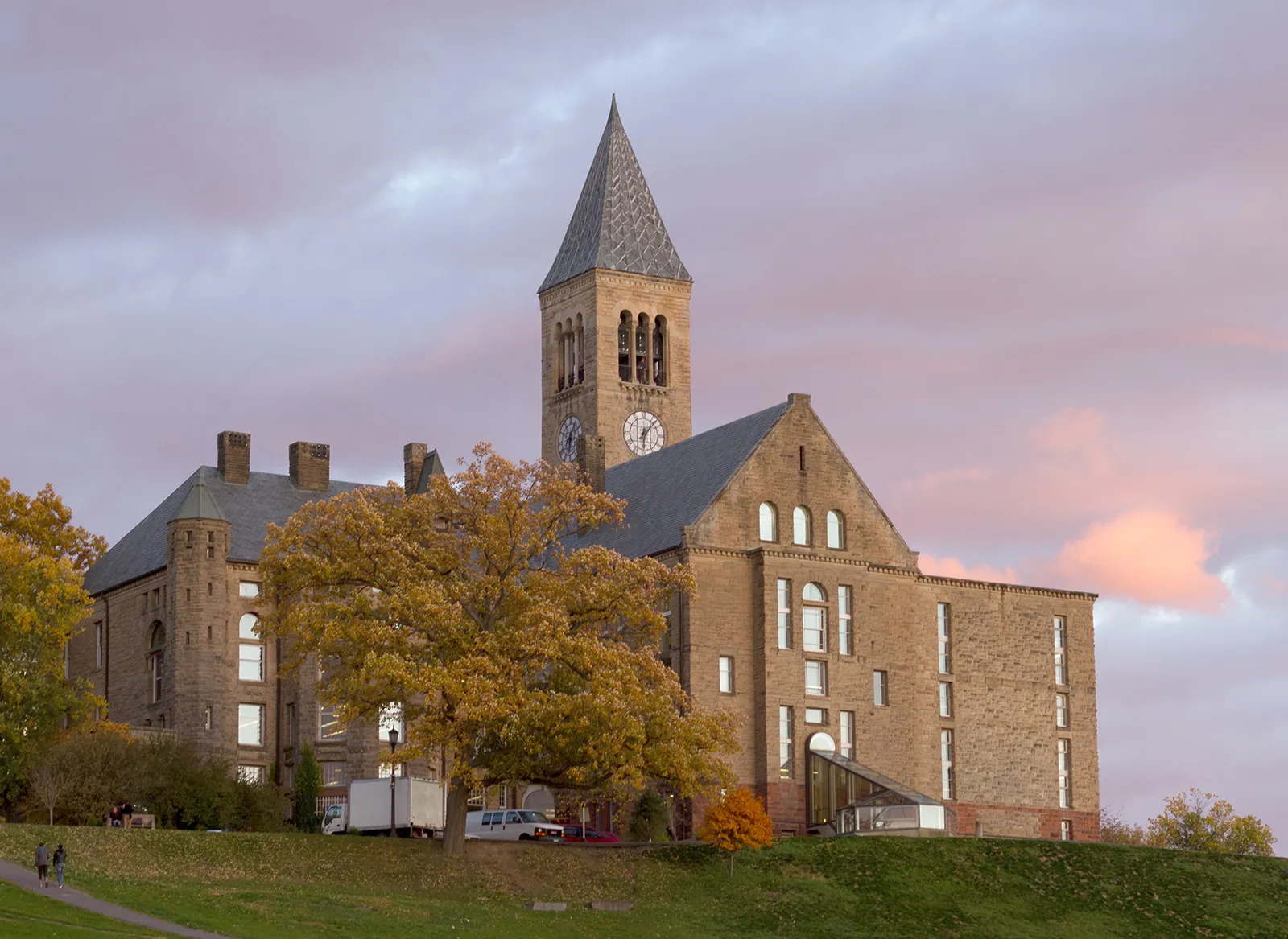
How to study immunology in the USA after 10th standard?
Application and Enrollment
– Research and select the from the best community colleges in the USA
– Submit an online application to the community college.
-Provide academic transcripts (recommended but not required)
– Demonstrate English proficiency (recommended : TOEFL 61, IELTS 5.5, Duolingo 95)
– Submit financial statements showing proof of support.
Visa Application
-Receive I-20 form from the assigned community college
– Pay SEVIS fee
– Schedule F1 visa interview at US embassy/consulate
– Prepare required documents (passport, I-20, financial proof, etc.)
– Attend the visa interview
Associate Degree at Community College
– Duration: 2 years
– Complete general education requirements
– Begin specialized coursework in chosen field
– Participate in extracurricular activities and internships
Transfer to Four-Year University
– Apply to partner universities or other institutions
– Complete transfer application process
– Transition to best immunology university for final two years
Bachelor’s Degree Completion
– Duration: 2 years
– Complete specialized coursework in major
– Engage in research opportunities and internships
– Graduate with a degree in Immunology from top university in the USA
Process After 12th Standard
- Research and select universities with strong immunology programs
- Prepare and submit applications
- Apply for financial aid and scholarships
- Obtain F1 student visa
- Arrange travel and accommodation
How Nextgen Scholars Pathway Program Helps
Our comprehensive support ensures a smooth transition to studying immunology in the USA:
Career Counseling
We provide personalized guidance on program selection and career paths in immunology. Learn more about our career counseling
Application Assistance
Our experts help with university selection, essay writing, and application review. Explore our application assistance services
Visa Support
We guide you through the F1 visa application process and prepare you for interviews. Discover our visa support services
Interview Preparation
Our team conducts mock interviews and provides tips for success. Learn about our interview preparation
Ready to start your journey towards studying immunology in the USA? Contact us for a free counseling session or get in touch with our team.
Related Questions
-
What are the career prospects for immunology graduates in the USA?
Immunology graduates can pursue careers in research, pharmaceutical industry, biotechnology, and healthcare. The field offers diverse opportunities with competitive salaries and growth potential.
-
Can I work while studying immunology in the USA?
International students on F1 visas can work on-campus for up to 20 hours per week during the academic year and full-time during breaks.
-
How can I finance my immunology studies in the USA?
Options include scholarships, grants, student loans, and part-time work. The Nextgen Scholars Pathway Program can help reduce overall costs significantly.
-
What are the top specializations within immunology in USA?
Popular specializations include cancer immunology, autoimmune diseases, infectious diseases, and vaccine development.
-
Is research experience important for studying immunology in the USA?
Yes, research experience is highly valued. Many programs offer research opportunities, and it’s beneficial for both academic and career growth.

